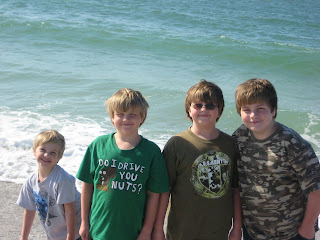A few weeks back I was summoned for jury duty for the US District Court, District of Kansas. I have done this once before about 3 years ago. I am surprised that I was called again so soon for it, but am pleased nonetheless. Yes, I said I was pleased. My experience serving then was a great experience. It was fascinating to see the variety of people who were summoned. Truly folks from all walks of life: gender, race, economic status, education. Which brings up the whole thing about being tried by a jury of our peers.
Peers in the constitutional sense means that you will be tried by another citizen. Period. It is not likely they will be the people you typically call your peers. If you were to ask me who my peers are, I would have to describe them as 30-40 somethings, predominantly white, Bachelor or Master-holding professionals. That is not the peer group you will see when you are called to jury duty. So, is that a good thing or a bad thing? Well, if I were a defendant, part of me would want to stack the deck in my favor by having more of the same type of person. That's not a good thing for justice. So, instead, we have this cross-section of American citizens that will decide the fate of another fellow citizen.
A lot of people I think are put off by this variance, fearing that predjudice, education, or intellect are somehow going to put them at risk during a trial. Well, that might be the case if the jury was just left to their own devices and had to come up with a verdict without any guidance. But that's not what happens. The judges give instructions and these instructions are specific to the case about what you can and cannot consider. About what is admissable or not. About what questions you need to answer to come to a verdict. These very precise instructions help prevent (but not entirely) the possibility of those predjudices from influencing individual decisions. But, even if those predjudices do carry over into an individual's decision, you cannot have a verdict without full agreement from all 12 jurors and here is where being judged by a jury of constitutional peers is so important. If you can't have the jury stacked in your favor, you certainly don't want it stacked against you. The alternative then, is that we bring together a group of people with varying ideas and feelings and we ask them to put that aside and come to a unanimous decision about the facts in a case and arrive at a verdict. Each individual will be a checks and balances for the others and ultimately, the best decision will come forth. That, my fellow Americans, is a beautiful thing.

